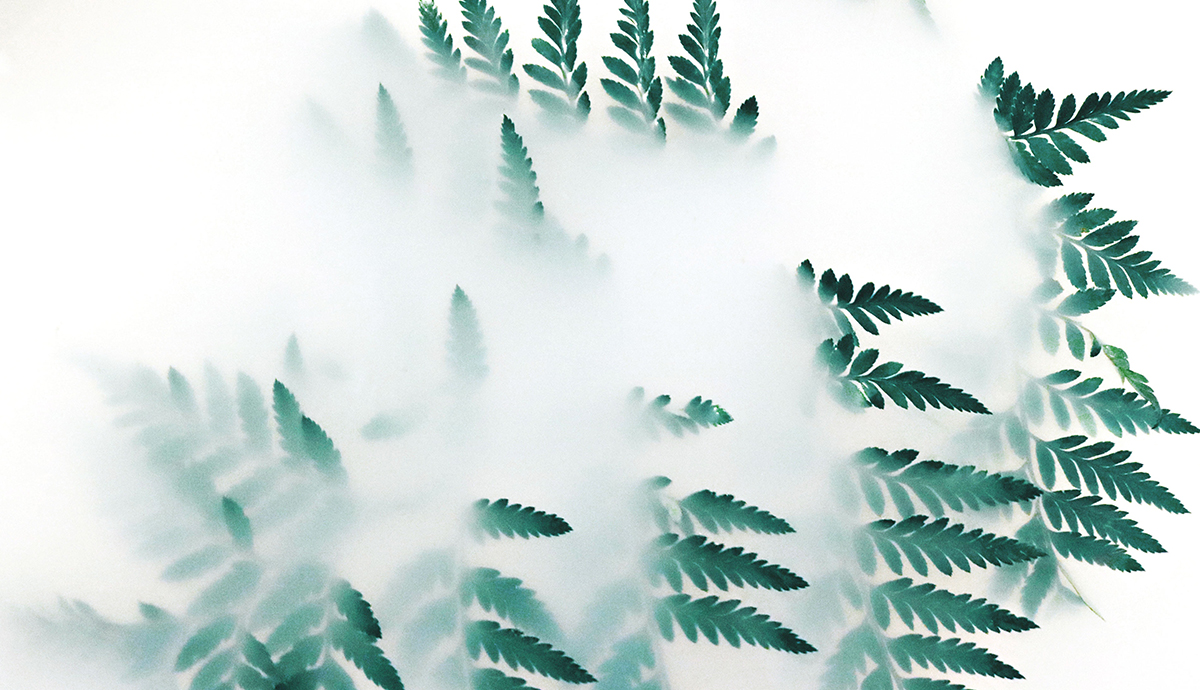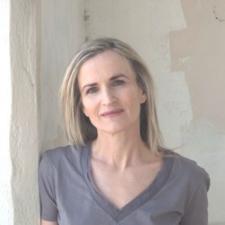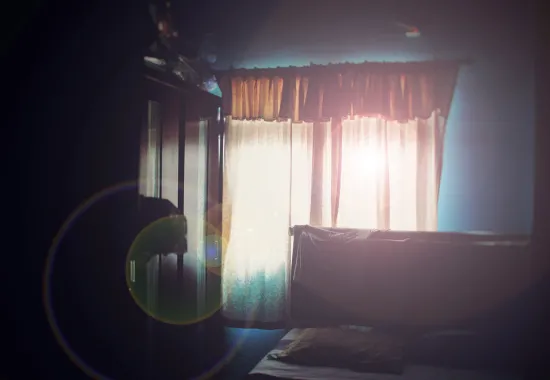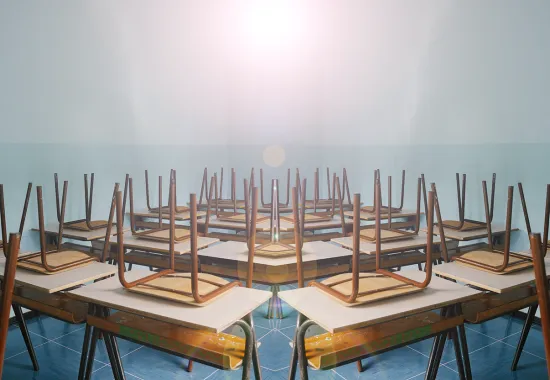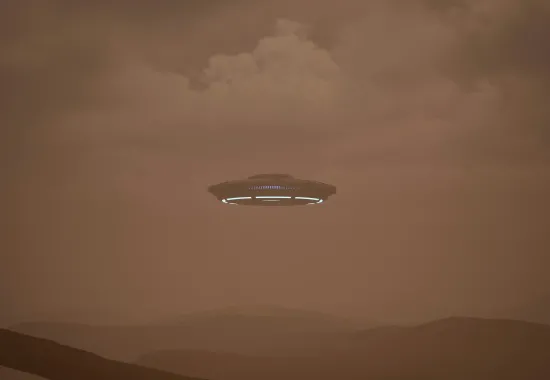Essay On Writing the poem “Not the thing, but the Fossil of the Thing"
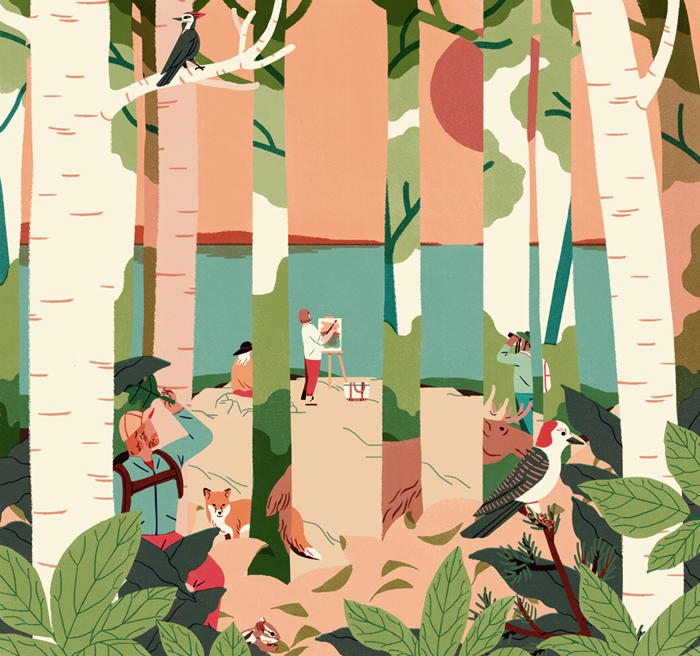
As a child, I was a passionate fossil collector, and I’ve been wanting for years to use some of that experience in a poem. My uncle used to take me to the local strip mines in Pennsylvania to search for fossils, and the layers of sedimentary rock really did fall open under our picks like the thick pages of a book, stamped with all kinds of crazy fossils: trilobites, tree barks, flowers, and once a tiny fish skeleton with a fan-shaped tail. One reason I wanted so badly to write this poem is that my beloved fossil collection, carted around with me for 50 years, is gone now. When my husband and I downsized four years ago, I got into a frenzy of unburdening, and the collection literally weighed so much that one day I—rather impulsively—just gave it away.
In writing “Not the Thing but a Fossil of the Thing,” I was preoccupied by Robert Hass’s famous line “a word is elegy to what it signifies” from his wonderful poem “Meditation at Lagunitas.” One interpretation of this line is that when the physical things of this world are gone, what we’ve written about them will remain and evoke their presence (and absence) for future generations. Another darker interpretation is that words somehow spell the death of the thing, that art is seductive and causes us to turn away from carnal experience (what some call “the meatspace world”). Both interpretations seem to suggest Wallace Steven’s idea (expressed in the title of his poem “Not Ideas About the Thing but the Thing Itself”) that the thing itself is what matters, not its representations in art or the written word. In any event, it is the second possible interpretation that interests me the most and was what I was thinking about when composing “Not the Thing but a Fossil of the Thing.”
I asked myself if I agreed with the notion that art (or writing, or any kind of virtual or replacement reality) threatens the very existence of the thing that inspired it. It does, I decided, but that is not necessarily a bad thing. I have a son on the autistic spectrum whose social life is mostly electronic, but I’ve learned to see that his is, nevertheless, a genuine, rich, and full social life. My mother preferred books to people, and maybe I do, too. So, my aim here was to express as precisely as possible and, also, with emotional truth, the beauty of the fossils I love and to portray them as a kind of engraving, art or writing made by nature, and itself a thing as important as the living creature the fossil represents and memorializes.
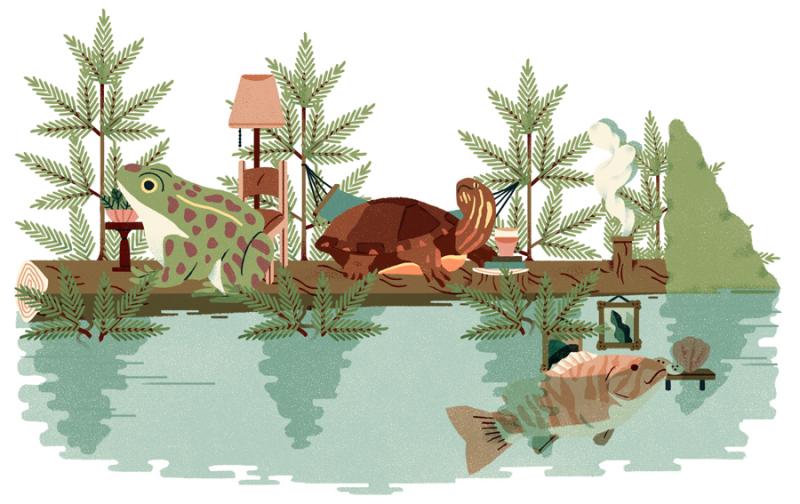
All the fossils described in the poem—the flower, the fish, the leaf, the clam, and the tree bark—were actual specimens in my now-lost-to-me collection. I hoped in the poem to capture the idea that through art, or at least through good art, we can recover lost things and can experience them again as (or even more) richly as we could in an actual encounter. The specific experience that gave me this idea was swimming off some rocks in Lake Champlain in Vermont one summer. While getting warm between swims, I did what I’ve always done: poked around and picked up rocks. On that day, I found a perfect and complete oyster (both top and bottom parts of the shell intact) cast in dark, oiled stone. It was as heavy as I know living oysters to be, from having raked them from the beach at low tide on summer trips to Cape Cod. There, on that dry, rocky Vermont ledge with the Green Mountains shimmering in the distance, I suddenly saw and felt the presence of a great, ancient sea brimming with its universe of marine life. I was intensely aware of what one poet—was it Marianne Moore? —calls the “thingy-ness” of that oyster, more aware even than I am when picking (some might call it “poaching”!) live shellfish from a beach.
Of the many items of art, furniture, etc. donated or sold as part of our downsizing move four years ago, the only thing I miss or regret giving up is that rock collection. Sometimes, I mourn it like a lost friend. Writing about it in “Not the Thing but a Fossil of the Thing” in some ways restored it to me.
Recommended
I Have Only Dreamed You Dead, For Now.
Encounter
Schizophrenic Sedona


